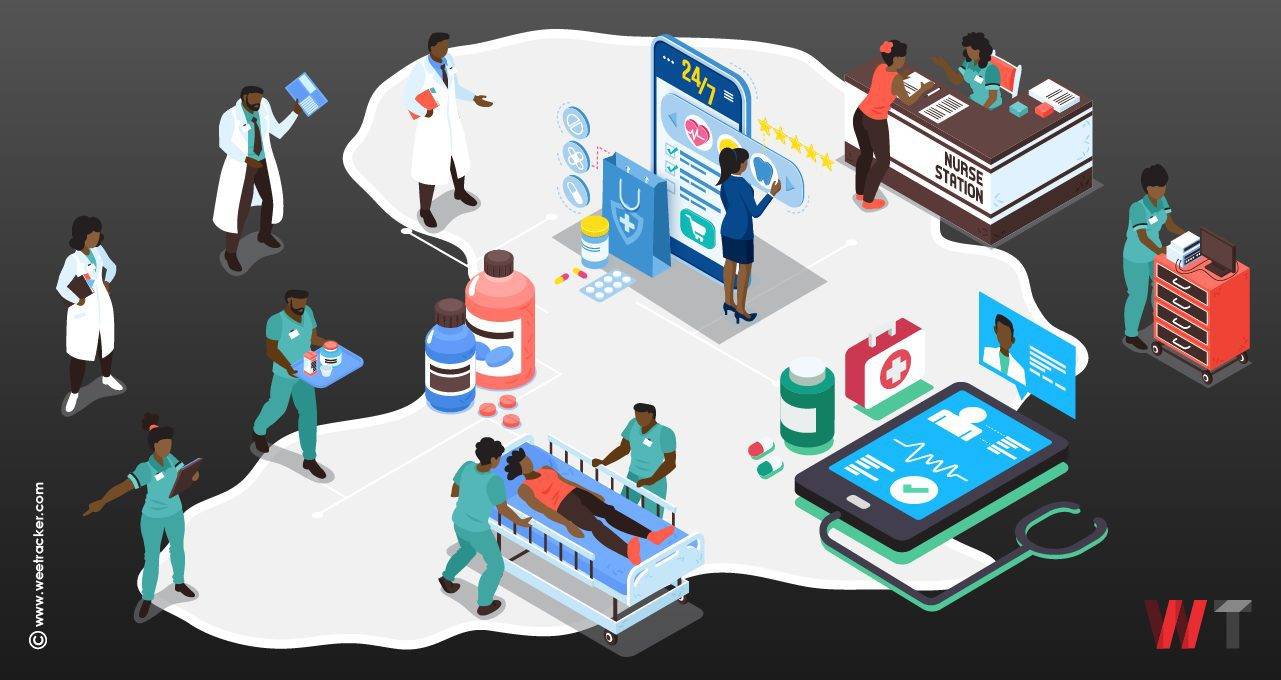Startups Plugging Africa’s Healthcare Gaps Face Even Tougher Tests

In the taxing realm of African healthcare, startups striving to aid public health systems encounter formidable challenges. This issue echoes across the continent due to the underfunding of the healthcare sector. Nigeria, like many African countries, allocates a paltry amount of its budget to healthcare, which falls way short of expectations.
As a consequence, critical surgeries are often delayed or inaccessible due to inadequate infrastructure and frequent medical personnel strikes. The shortage of healthcare professionals further compounds the problem, with Africa having a mere 1.55 health workers per 1000 people, as per a World Health Organization survey.
Additionally, genuine medications are scarce, and public dispensaries frequently face stockouts, notes Al Jazeera, leaving patients vulnerable. Tragically, substandard products have caused fatalities, such as the case of substandard cough syrup in The Gambia, resulting in the deaths of 70 children in 2022.
A contributing factor to these healthcare challenges is Africa’s booming population, projected to increase from 1.2 billion to two billion by 2050. The burgeoning population strains existing services, creating a pressing need for innovative solutions. In response, a wave of tech startups has emerged, offering inventive approaches to healthcare hurdles. Online pharmacies provide virtual consultations and tools to detect counterfeit drugs, while drone delivery services in countries like Rwanda reach remote communities with essential health products.
A market intelligence report from July 2023 by Salient Advisory indicates the rise of approximately 350 startups addressing the efficient distribution of quality health products in Africa. Many of these startups experienced substantial growth during the COVID-19 pandemic, highlighting the urgency for adaptable healthcare solutions. Some, like Kenya-based Maisha Meds, have garnered significant funding to implement innovative health insurance plans, aiding low-income households in managing diseases like malaria and promoting family planning.
Despite their efforts, however, these startups face formidable challenges. Reduced funding, exacerbated by a global economic slowdown, has led to layoffs and operational cutbacks. Moreover, the lack of robust internet infrastructure and fragmented healthcare systems limit the startups’ impact, especially in rural areas where access to healthcare remains a significant challenge.
Additionally, the slow adoption of progressive policies, bureaucratic hurdles, and cultural beliefs often hinder the acceptance of new healthcare technologies.
While a number of local startups have made some headway in bridging gaps, such as online pharmacies enabling patients to access consistent medications, the road ahead remains challenging. These startups are not only combating systemic issues but also working to change mindsets, emphasizing the importance of timely, accessible, and efficient healthcare solutions for all Africans.